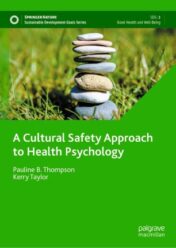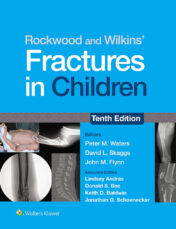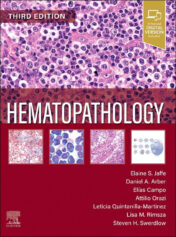“This book is an invaluable resource for psychology students that puts cultural safety at the forefront of physical and mental health and facilitates thinking beyond the biomedical model.”
— Dr. Mary Cwik, Center for American Indian Health, Johns Hopkins School of Public Health, USA
“This is a landmark publication that provides the necessary introduction to cultural safety for health care in the United States.”
— Prof. Nathaniel Mohatt, School of Medicine, University of Colorado, USA
This book applies the concept of cultural safety to the field of health psychology in a US context as a means to achieve health equity. First developed in New Zealand by Māori midwives, cultural safety can be understood as both a philosophy and a way of working within a social model of health as an alternative approach to understanding health and illness. Health, social, and human service professionals are at the forefront of interactions with a range of people who often experience disparities in health and social outcomes.
In thirteen chapters, the authors explore the social determinants of health; the practices and pitfalls of intercultural communication; and community capacity, resilience, and strengths as correctives to discourses of deficiency. The book concludes with a comparative look at cultural safety in different national contexts, and a discussion of the value of critical reflective practice. Complete with chapter objectives, scenarios, suggested readings and films, and questions for critical thinking, this book is an invaluable resource for students and practitioners alike in health psychology and related fields, and a vital contribution to the literature on cultural safety.
Pauline B. Thompson is Professor of Psychology at Pennsylvania State University, USA.
Kerry Taylor is Associate Professor at the College of Medicine and Public Health at Flinders University in South Australia.








